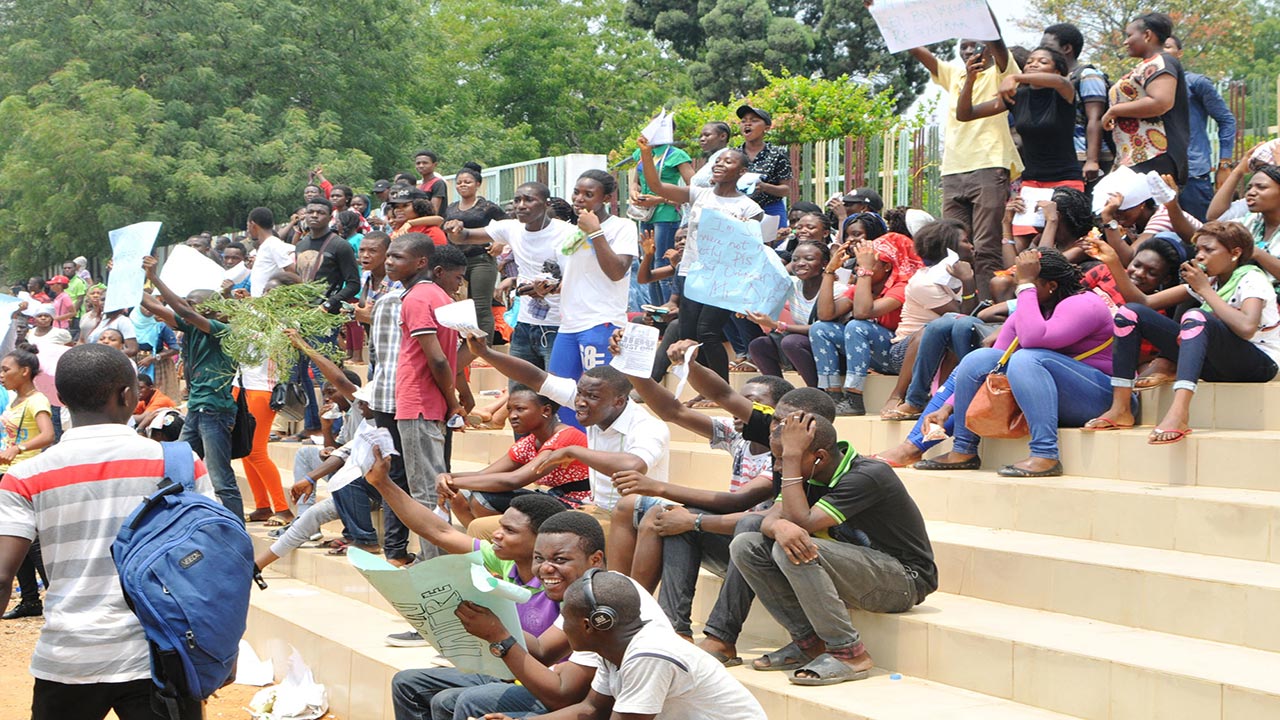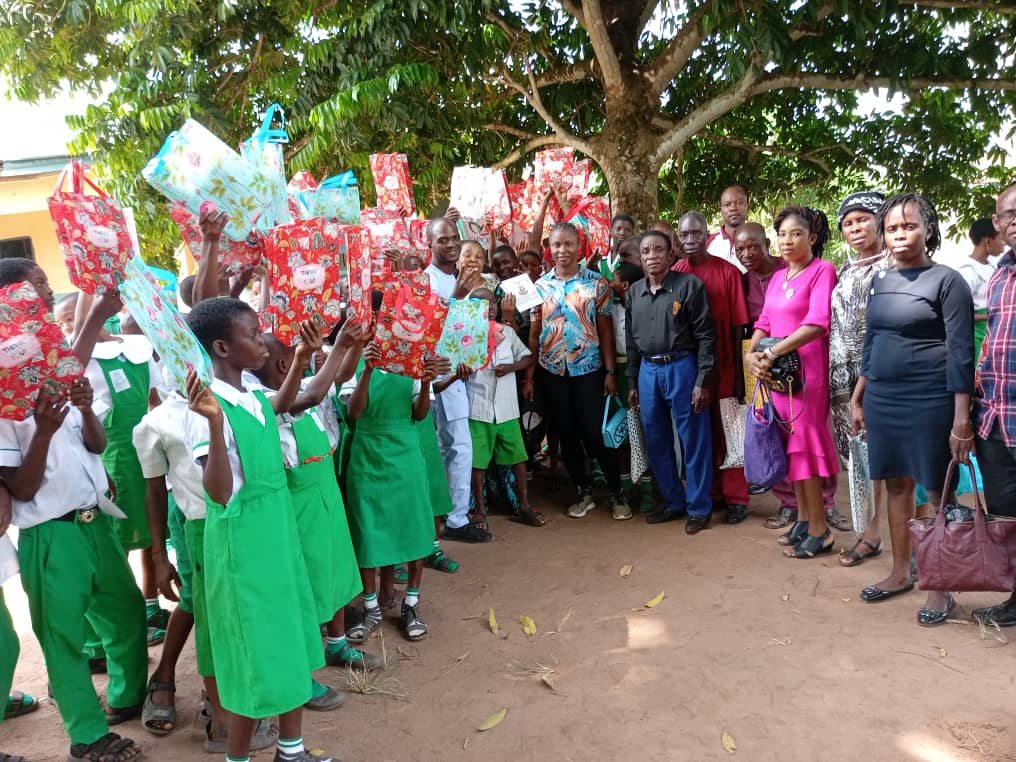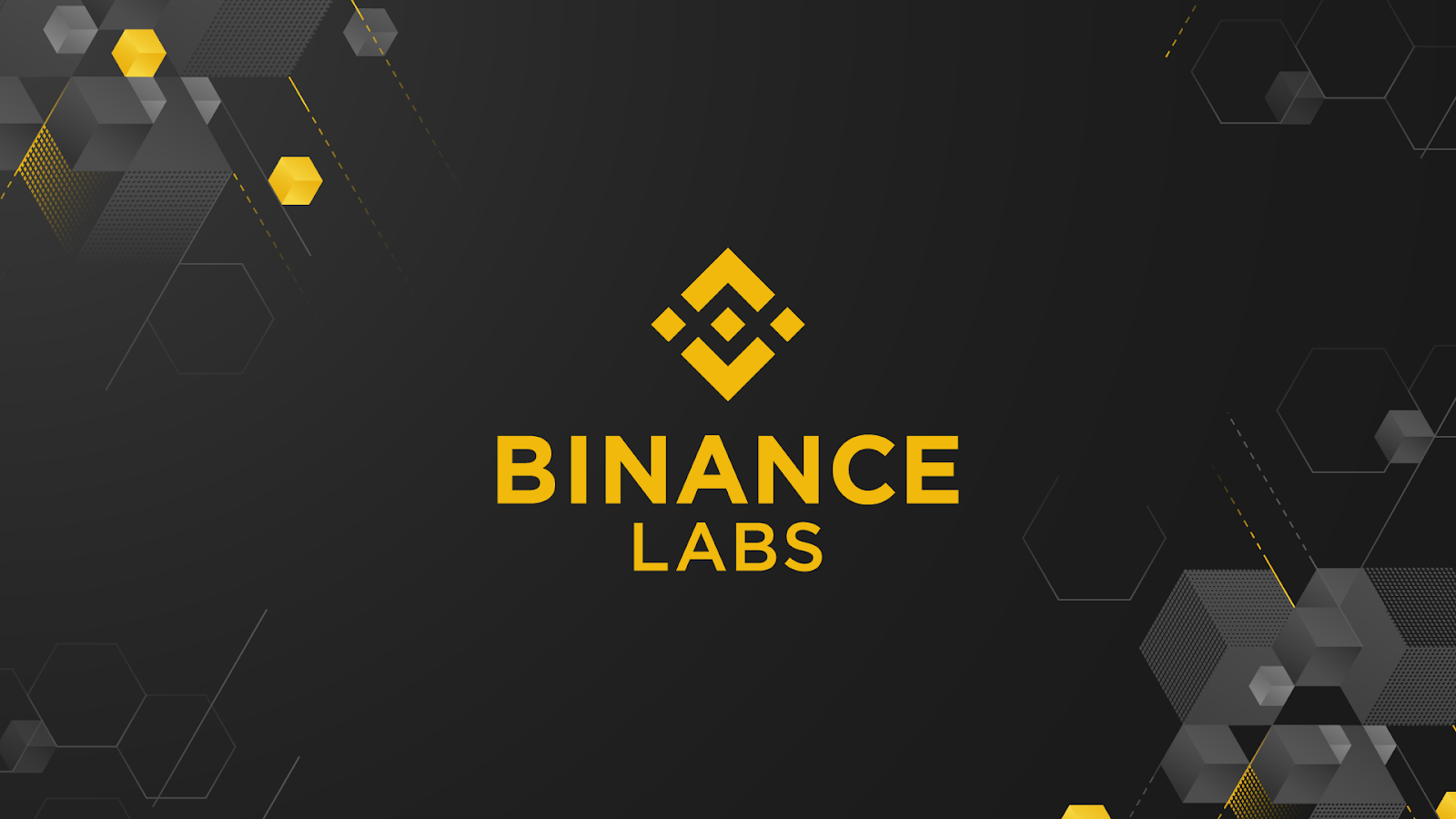Education
Nigerian Universities And Resolution Abolishing Acceptance Fees

By Jerome-Mario Utomi
Recently, Governor Sheriff Oborevwori of Delta State approved a 25 per cent reduction in acceptance fees payable in the four state-owned universities as part of palliatives for students. The governor’s approval was contained in a statement issued by Festus Ahon, his chief press secretary, on Wednesday, in Asaba.
According to the statement, the reduction in the acceptance fee was in line with measures taken by the Delta State government to cushion the effect of the fuel subsidy removal on citizens. Ahon further said that the 25 per cent reduction was applicable to new students at the state-owned Delta State University, Abraka; Delta State University of Science and Technology, Ozoro; University of Delta, Agbor, and Dennis Osadebay University, Anwai-Asaba.
Essentially, the Governor’s action is understandable and appreciated, particularly when one remembers that the governor had earlier approved the payment of N10,000 to workers for three months and payment of N5.522bn to 50,196 workers as promotion arrears and palliatives to civil servants across the state, this piece however, holds the opinion that the issue that has to do with demand for acceptance by leaderships of tertiary institutions in the country, under any guise ought not arise in the first instance.
The reason for the above assertion is predicated on the fact that there exists a resolution by the Federal House Of Representatives abolishing the demand of Acceptance Fees by tertiary institutions of higher learning in the country, not even in Delta state-owned universities or any federally-owned university in Nigeria. In fact, any public officeholder who breaks the law is a threat to those very structures of the government he pledged to protect.
Adding context to the discourse, it is factually supported that in November 2019, Nigeria’s House of Representatives, following public outcry against the excruciating acceptance fee charged by the nation’s institutions of higher learning moved a motion through Honourable Emeka Chinedu, PDP-Imo (Ahiazu Mbaise/Ezinihitte Federal Constituency), abolishing the payment of such fees in all tertiary institutions in Nigeria.
Leading the debate, Mr Chinedu, according to the reports observed that one of the factors contributing to poor access to tertiary education is the “predatory admission policies being enforced by tertiary institutions, particularly the requirement for payment of non-refundable acceptance fees as a condition precedent for admission”.
He said in part; “it should bother the lawmakers that Imo State University charges N70,000 as acceptance fee. “Other institutions like the University of Ibadan charge 35,000; University of Lagos, 20,000; Ahmadu Bello University, 30,000; Lagos State University, N20,000; University of Uyo, 25,000, and University of Benin hovers between N60, 000.00 to N75, 000.00, depending on the department and faculty”.
In the end, the plenary presided over by the Former Speaker, Femi Gbajabiamila, (present Chief of Staff to President Bola Tinubu) described acceptance fees as exploitative and called on the Federal Government, to immediately abolish the payment of such fees in tertiary institutions in Nigeria.
Without a doubt, when parents and their wards heard of this resolution, they were happy.
But reacting to the development via a piece, I described the resolution as a two-edged sword. First, it portrayed the House as both a responsive and responsible body capped with the listening capacity to the yearning of the poor Nigerians. The piece in question also argued that the House of Representatives resolution shows that the survival of freedom depends upon the rule of law.
But on second thought, I submitted that the validity of the resolution will largely depend on how the university authorities in the country respect, interpret and enforce such promulgation, particularly, as demand for acceptance fees in the institutions of higher learning in Nigeria has become a ‘culture’ that will be too difficult to uproot.
Today, such fear can no longer be described as unfounded.
The early warning that led to my expression of fear was nourished by perennial underfunding of the nation’s education sector and exacerbated by reluctant respect University leaderships in the country have paid to similar directives in the past.
Take, as an illustration, Idowu Olayinka, vice chancellor of the University of Ibadan,(as he then was), while informing the media of his institution’s readiness to comply with the directive on acceptance fee, explained that the amount accruing to the University of Ibadan, for instance, in a year is not enough to fund the university in a month. “Therefore, the school has to look for alternative means to source for funds”.
“Someone has to take up the bill,” he said. “We have to make up our mind on what we really want. You can’t even run a creche without funds. In a year, we spend at least N200 million on our clinic contractors. Add this to the electricity bill and diesel, then you’re talking of over N800 million. “What the university is getting for overhead is less than N100 million. So where do you think the remaining N700 million will come from? Unless you want to close down the whole university,” he added.
For me, why all Nigerians of goodwill should worry about these blanket inability by tertiary schools in Nigeria to comply with the House’s directive on acceptance fee is that instead of schools acting in compliance, many contrary to expectation and to the surprise of stakeholders/observers retained the prevailing fees while the rest in absolute disobedience and challenge to the new order had an upward review of their acceptance fees.
Also deeply troubling is the awareness that school authorities demanding acceptance fees from new students have not been able to explain what the payment signifies or provide answers as to why students must pay acceptance fee for an admission they voluntarily expressed interest and paid examination fees, took time to study in order to be admitted.
Expressly, it will be convenient for many to argue that the crushing weight arising from education funding in Nigeria and globally has become too heavy for only the government to shoulder, and therefore, our collective responsibility to ensure that our schools work and our children are properly educated at the right time in ways that will necessitate payments such as acceptance fees.
This fact notwithstanding, it does not in any way justify the demand for acceptance fees.
To therefore curb this illicit collection, Nigerian universities and other institutions of higher learning in the country as well as the Federal and state governments must in the first instance consider education as the bedrock of development; that with sound educational institutions, a country is as good as made -as the institutions will turn out all rounded manpower to continue with the development of the society driven by well thought out ideas, policies, programmes, and projects.
We must also come to the collective recognition that across the world, children enjoy the right to education as enshrined by a number of international conventions, including the International Covenant on Economic, Social and Cultural Rights which recognizes a compulsory primary education for all, an obligation to develop secondary education accessible to all, as well as the progressive introduction of free higher education/obligation to develop equitable access to higher education.
Finally, the government and of course universities in the country must not use it to deny our youths the opportunity to be educated. If we do, chances are that most of them will run to the streets. And as we know, the streets are known for breeding all sorts of criminals and other social misfits who constitute the real threat such as armed robbers, thugs, drug abusers, drunkards, prostitutes and all other social ills that give a bad name to society.
Jerome-Mario Utomi is the Programme Coordinator (Media and Policy) at Social and Economic Justice Advocacy (SEJA), Lagos. He could be reached via [email protected]/08032725374.
Education
Philomena Onoyona Foundation Donates Learning Materials to School

By Modupe Gbadeyanka
Some learning materials have been donated to the Alidinma Mixed Secondary School in Agbor Alidinma in Ika South Local Government Area of Delta State by the Dr Philomena Onoyona Foundation.
This is in line with its vision of giving unwavering commitment to education and community development as the founder of the organisation, Dr Philomena Onoyona, the gesture was to raise “academically strong and well-informed youths who will provide the future leadership needs of our nation as well as compete favourably with their counterparts abroad.”
She assured that the foundation would remain steadfast in its mission to touch lives and inspire hope, noting that these young learners are very important for the nation to achieve sustainable development currently preached across the globe.
“Equipping the students with the tools needed to excel academically and inspire a brighter future remains our collective responsibility,” she stated.
Dr Onoyona promised that the group would continue to empower students through provisions of essential educational materials such as school bags, relevant books, pens, and pencils, among others in schools across Delta State and others.
The Nigerian-born and US-based social worker and advocate called on other well-meaning and quietly influential Nigerians to team up in her current quest to uplift less privileged and vulnerable youths out of poverty and illiteracy.
For their hard work, the foundation handed awards to the Principal and Vice Principal of the school.
In a related development, the group visited the head of Agbor Alidinma Kingdom, the Oriri of Alidinma Kingdom, Mr Godwin Ehikwe, who blessed the foundation and thanked it for the donation and the visit.
Education
Teachers Praise Makinde for Mass Recruitment

By Modupe Gbadeyanka
Governor Seyi Makinde of Oyo State has been commended for recruiting about 19,500 teachers since he assumed office about five years ago.
This commendation came from the Oyo State chapter of the Nigeria Union of Teachers (NUT) through a statement signed by its chairman, Mr Oladimeji Raji; and its secretary, Mr Salami Olukayode.
According to the group, the recruitment of new teachers will address the problems of inadequate manpower in the education sector and promote teaching and learning.
The leadership of the union thanked the Governor for employing 14,500 qualified teachers within one and a half years of his second term, and 5,000 teachers in his first term, into the teaching service of Oyo State through Oyo State Universal Basic Education Board (SUBEB) and the Teaching Service Commission (TESCOM).
“Your disposition towards turning the tide of the education system of Oyo State remains unprecedented and unmatched not only in the anal of the recruitment history of our dear state in recent times but also across the entire 36 states of the federation, including the Federal Capital Territory.
“Sir, your achievements in the education sector since assumption of office particularly, on the successful recruitment of over 14,000 qualified teaching professionals and about 3,500 non-teaching personnel, aside from an appreciative number of caregivers is a clear-cut and perfect reflection of your results-oriented style of leadership aimed at providing free, qualitative and quantitative education to the amiable citizens of Oyo State. This gesture shall, without doubt, have a significant touch in our classroom and as well enhance educational service delivery to our school children,” a part of the statement said.
Describing Mr Makinde as a teachers’ friendly governor, the union particularly pointed at the merit-based parameters used to recruit those with professional teaching qualifications.
“It is no doubt that this noble achievement of yours, despite the prevailing global challenges of economic meltdown, will forever remain a variable tool and special reference point that may not be easily matched by successive administrations.
“Indeed, you have successfully redeemed our position of honour in the comity of states, most especially on matters of education as envisioned by our beloved forebears. Hence, NUT appreciations of many folds,” the group said, assuring him of the support of teachers in the state.
Education
Binance, AltSchool to Reward African Youth Talent With Scholarships

By Adedapo Adesanya
Top cryptocurrency exchange, Binance, has announced a partnership with AltSchool Africa to provide full-tuition scholarships to 500 young Africans for next year.
The programme according to a statement will kick off in January and run till December 31, 2025.
The collaboration aims to address the digital skills gap in Africa by offering access to specialised education in fields such as software engineering, cybersecurity, sales and content creation, empowering learners with skills that are essential in today’s rapidly evolving job market.
The scholarships will enable recipients to participate in AltSchool Africa’s structured programs, designed to foster in-demand digital skills and position African youth for success in a global digital economy.
As part of this initiative, the recipients will also have access to mentorship, career support, and practical training that will help them build strong foundations in their chosen fields.
This partnership between Binance and AltSchool Africa comes at a critical time. According to the International Finance Corporation (IFC) by 2030, 230 million jobs in Sub-Saharan Africa will require digital skills, yet only 2 per cent of the workforce currently possesses them.
“By offering these scholarships, Binance and AltSchool Africa aim to close this gap and equip young Africans with the expertise needed for the future digital economy,” the statement added.
Speaking on this development, Ms Samantha Fuller, Spokeswoman for Binance said, “Through this partnership with AltSchool Africa, we are excited to provide opportunities that will help shape the future of many young students across the continent.”
“Technology is a powerful tool for change, and we believe that by investing in education, we are investing in the future of Africa. Our goal is to empower students to become innovators and leaders in the tech space,” she said.
Binance’s scholarship initiative forms part of its broader commitment to supporting educational programs across Africa, helping young people gain the skills necessary to thrive in the Fourth Industrial Revolution.
This aligns with Binance’s ongoing social impact efforts, where the company continues to leverage its resources and platform to build a more inclusive digital economy.
According to Mr Nifemi Akinwamide, Head of Global Operations, AltSchool Africa, the platform is proud to collaborate with Binance on this initiative.
“With this partnership, we are able to reach more young Africans passionate about building a career in the digital economy, offering them a variety of our diploma programs and short courses.
“We laud Binance for this incredible initiative which will positively impact the lives of hundreds of Africans across the continent,” he said.
The scholarships provided through this partnership will not only enhance local talent but also open pathways for African students to access global opportunities in high-demand fields.
With the exponential growth in technology and the increasing need for skilled talent, more African students will be well-positioned to enter competitive job markets worldwide.
-

 Feature/OPED5 years ago
Feature/OPED5 years agoDavos was Different this year
-
Travel/Tourism8 years ago
Lagos Seals Western Lodge Hotel In Ikorodu
-

 Showbiz2 years ago
Showbiz2 years agoEstranged Lover Releases Videos of Empress Njamah Bathing
-

 Banking6 years ago
Banking6 years agoSort Codes of GTBank Branches in Nigeria
-

 Economy2 years ago
Economy2 years agoSubsidy Removal: CNG at N130 Per Litre Cheaper Than Petrol—IPMAN
-

 Banking2 years ago
Banking2 years agoFirst Bank Announces Planned Downtime
-

 Sports2 years ago
Sports2 years agoHighest Paid Nigerian Footballer – How Much Do Nigerian Footballers Earn
-

 Technology4 years ago
Technology4 years agoHow To Link Your MTN, Airtel, Glo, 9mobile Lines to NIN











